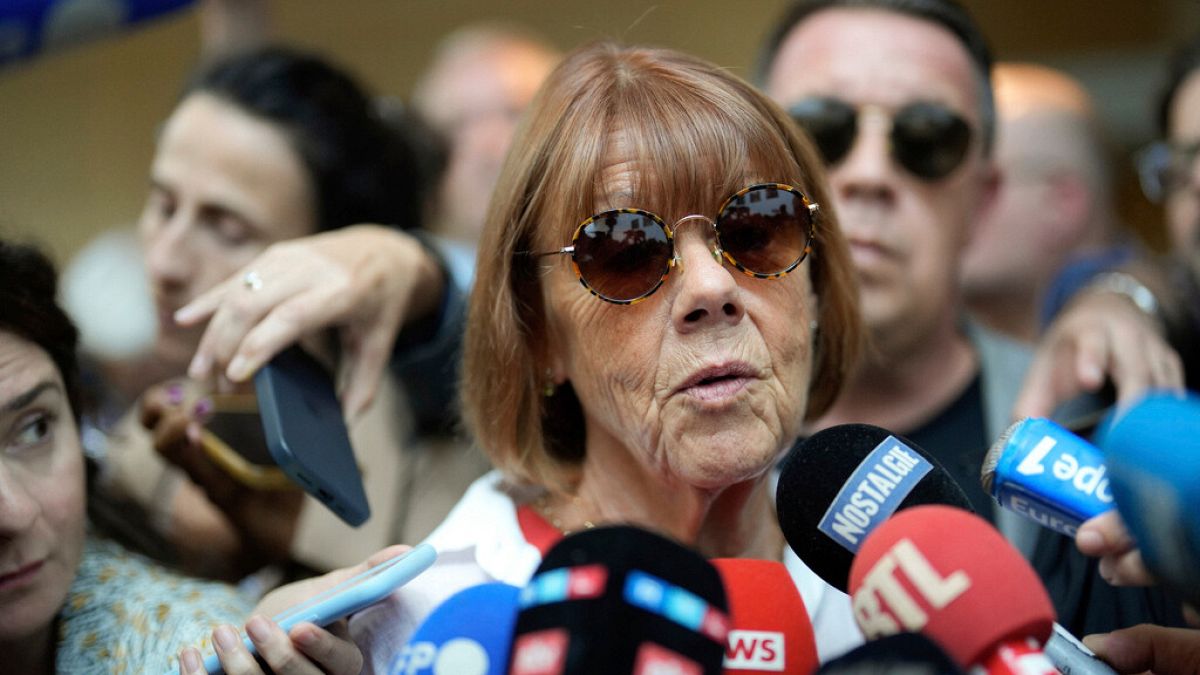A new study suggests advice that screens should be turned off an hour or two before bed may be outdated.
After monitoring 85 adolescents between the ages of 11 and 14, researchers at the University of Otago found that the effect of screens on sleep was more about timing than the activity itself.
The study saw participants wear a camera on their chest from three hours before bed until they went to bed over a week. A second infrared camera was also set up in their bedrooms to capture their screen time while trying to sleep. Participants also wore an actigraph, a device that tracked their sleep.
It found 99% of participants used screens in the two hours before bed, with more than half using them in bed. A third used them after first trying to go to sleep.
Speaking to Breakfast this morning, the project’s lead author Dr Bradley Brosnan said the study revealed screens themselves didn’t impact sleep.
Instead, the “real culprit” was looking at screens once you were in bed and trying to sleep.
“If you spent 30 minutes scrolling social media, it had a 30-minute impact on how much less sleep you got,” Brosnan said.
He said it was more important to consider timing and how close to sleep screens were used.
“And that can be when we’re in bed. It’s right when we’re about to shut our eyes, and we’re using screens.”
Brosnan said that doing more “stimulating” things, like chatting with friends or gaming, could lead to worse sleep.
“They’d be doing all these things at once, and that was more stimulating.”
Researchers also found this with participants using multiple devices simultaneously, such as watching Netflix on a laptop while playing video games.
He said this research was more comprehensive than others because it tracked participants with cameras rather than pen and paper. Brosnan said it was so researchers could catch the kids “streaming rather than dreaming”.
“It was those sneaky moments we really wanted to capture,” he said.
The main sleep guideline Brosnan suggested was simple: “It’s a good idea just to keep devices out of the bedroom.”
He hoped the research would help identify unhealthy screen habits early so teens could have a better routine in the future.
Brosnan has been developing Screenwise, an online tool to help parents and whānau better manage their kid’s screen usage.
“Screenwise is about providing realistic, evidence-based tips and tools that parents can easily incorporate into their daily routines,” he said in a statement.
“I’m starting with my community, doing talks and group sessions at local schools, to continue educating parents, youth, and whānau on building healthier screen habits for better sleep and overall well-being.”













